2017 Visiting Speakers
Here are a few of our guest speakers from Mathcamp 2017:
Week 1
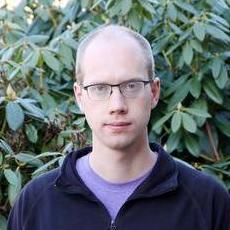
Andrew Marks (UCLA)
Andrew research is in descriptive set theory, which studies the line between explicitly definable objects in mathematics and those we can only obtain nonconstructively using tools like the axiom of choice. This field has interesting connections to computability theory, which organizes mathematical structures by the relative difficulty of computing them, and ergodic theory which studies measure preserving dynamical systems. Recently he has been working on the definability of geometrical paradoxes, like the Banach-Tarski paradox.
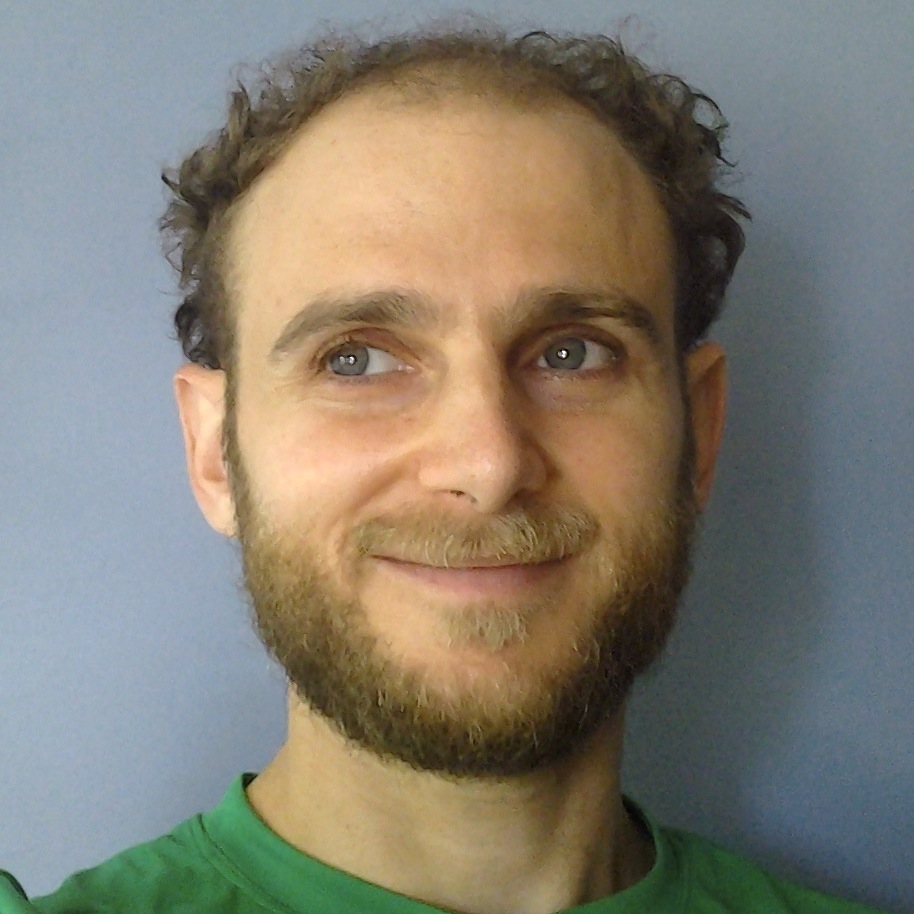
Luke Joyner
Luke is most interested in cities and places, both real and imaginary. At Mathcamp, he will teach about cities and ways of looking at cities, including some geometry and topology related to city grids. His research is split between social and historical observations of real places, especially over time, and imaginations of places that do not exist, but could. One time, he walked from Chicago to Pittsburgh.
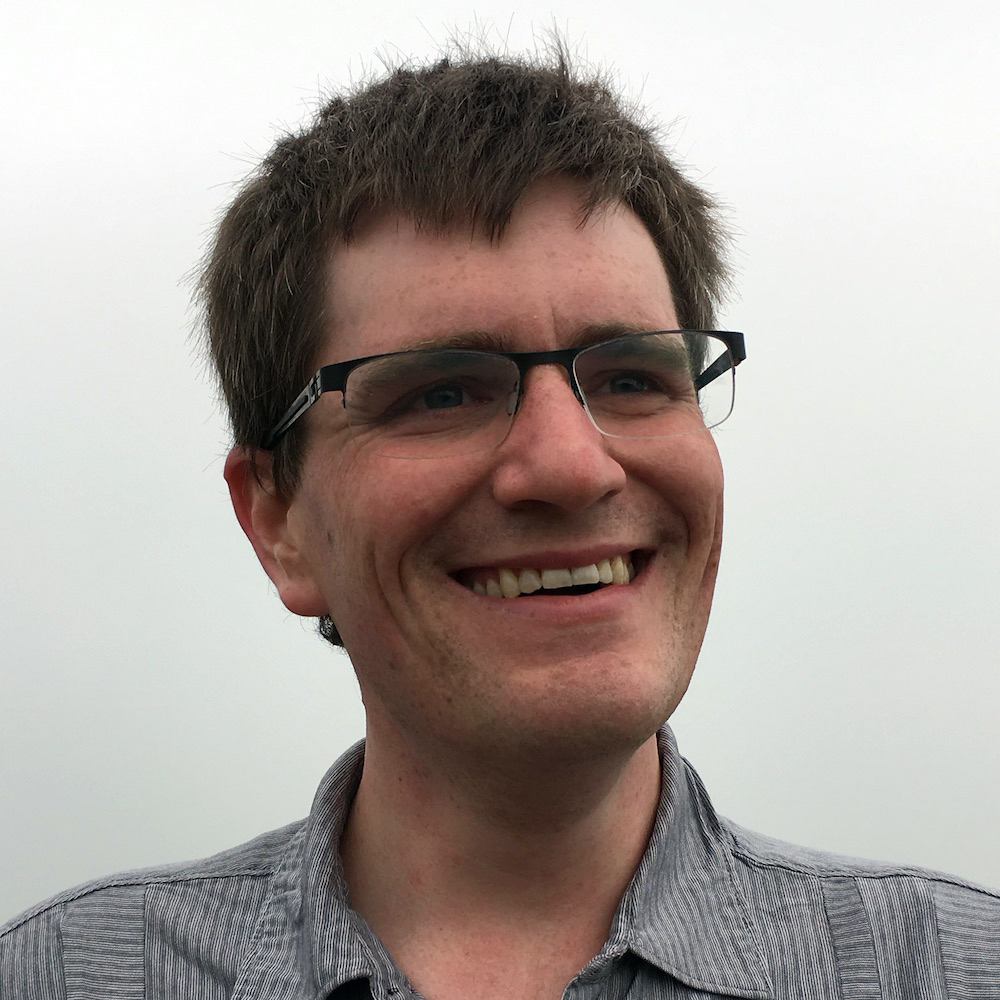
Nic Ford (Google)
Nic has taught at Mathcamp since 2010. His first love is algebraic geometry, but in addition to math research he's spent time working in finance at Jane Street and is about to start doing machine learning research at Google. He also loves hiking and has been working on writing a video game for several years that might get finished someday. Visit Nic's website.
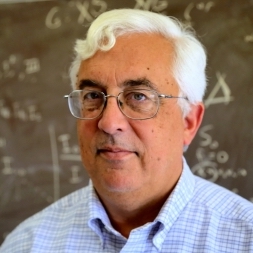
David Morrison (UC Santa Barbara)
As a rising high school junior, Dave Morrison attended a math summer program at San Diego State which helped put him on the path to a lifetime of mathematics. His original research interests in algebraic geometry broadened considerably when string theorists started applying algebraic geometry to the study of the universe at its smallest scales, and particularly when those string theorists made unexpected discoveries about some of Dave's favorite mathematical objects, using reasoning from physics. Dave now works alongside theoretical physicists bringing abstract mathematical tools to bear upon some of their problems, and finding new mathematical problems inspired by their work.
Week 2
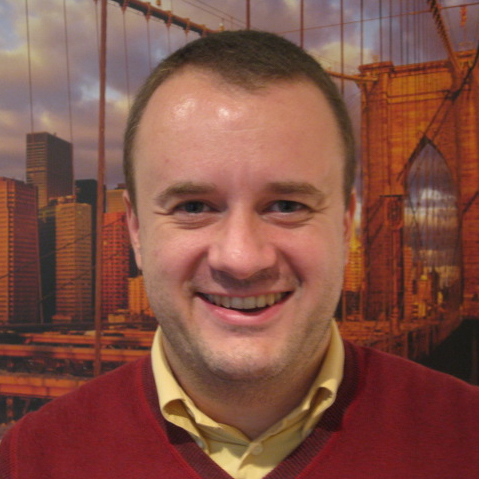
Djordje Milicevic (Bryn Mawr College)
Djordje is excited about questions that combine analysis (the study of continuous change) and number theory. That combination is actually pretty crazy, if you think about it. (Unless you think about it for a little longer, at which point it becomes too awesome.) Djordje took part in International Mathematical Olympiads and undergraduate competitions, has taught problem solving seminars for over 15 years, and co-wrote three Putnam exams. In his research on automorphic forms and analytic number theory, Djordje is particularly interested in objects known as Maass forms, basic building blocks of analysis on curved spaces with extra number-theoretic structure, as well as in central values of L-functions, which generalize the Riemann zeta function and guide phenomena ranging from distribution of primes and lattice points to quantum chaos. He enjoys talking to and learning from students, cooking, traveling, and good chocolate.
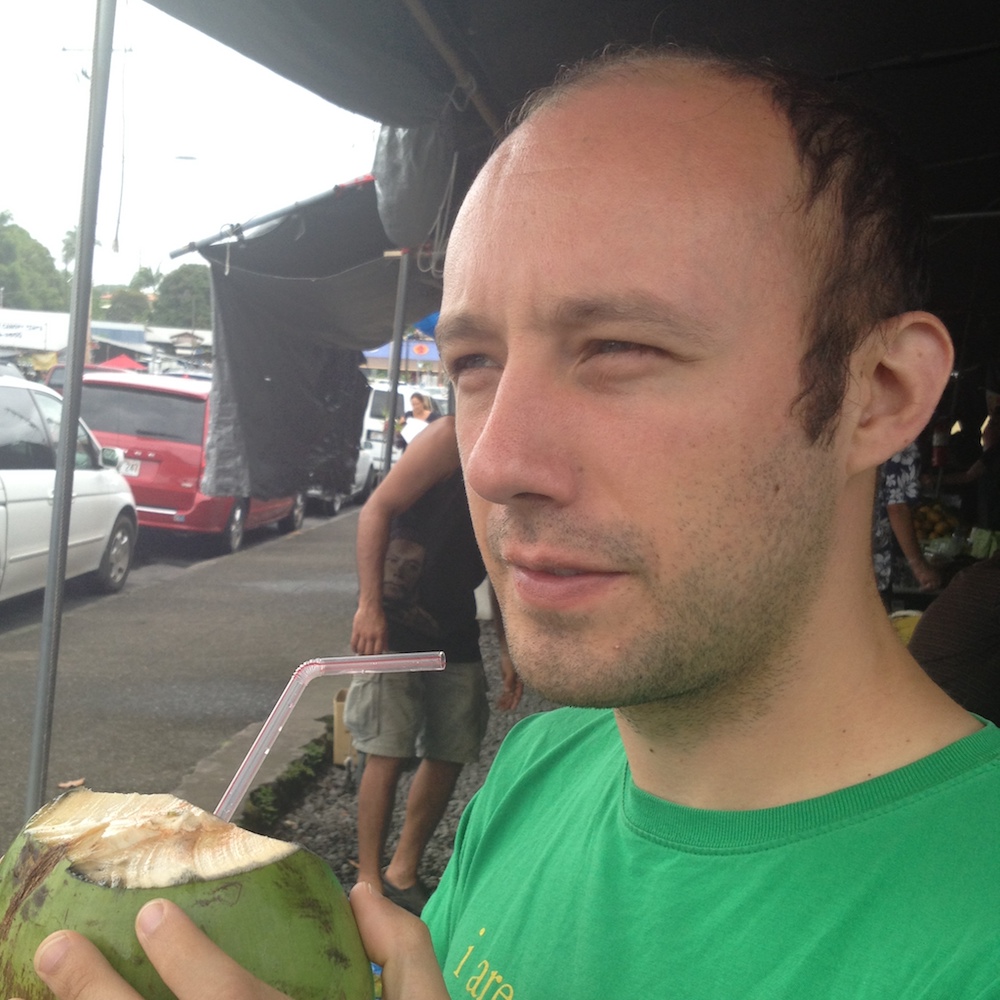
Noah Snyder (Indiana University)
Noah Snyder is an associate professor at Indiana University studying 2-dimensional algebra. Instead of multiplying on the left or on the right, he'd rather be able to multiply on the top and bottom as well. He’s also branched out into 3 dimensions as well. He also does research in knot theory, subfactors, quantum groups, and category theory. He was a mentor at Mathcamp from 2006-2008 and the AC in 2009, and a visitor in 2010-2016. He cowrote the 2008 and 2010 Mathcamp puzzle hunts, and the 2006 and 2011 MIT mystery hunts. He likes extinct animals, and baby tapirs. Visit Noah's website.
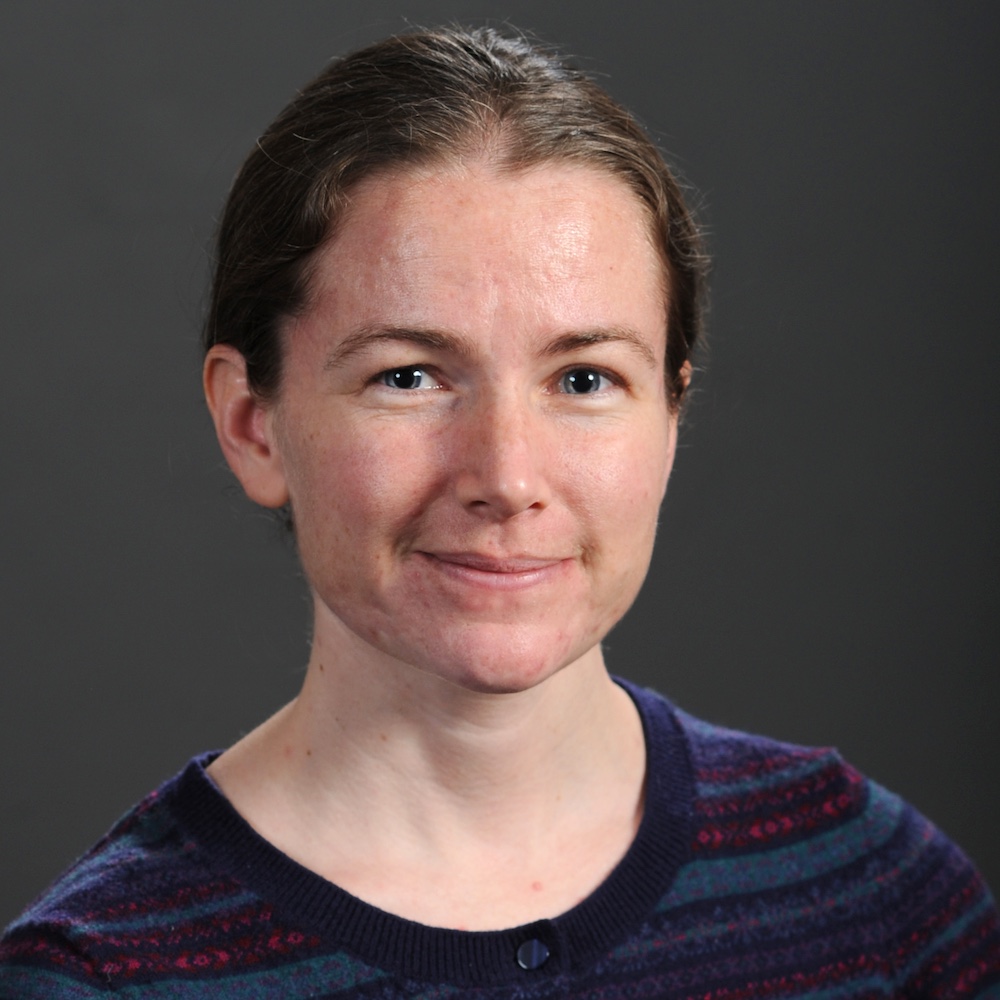
Nora Youngs
Nora Youngs teaches at Colby College, and does research in applied algebra and mathematical neuroscience. She is fascinated by the brain, and delights in using unexpected mathematical tools to understand the way it works. Nora is an avid runner, loves to cook, and still gets super excited about train rides.
Week 3
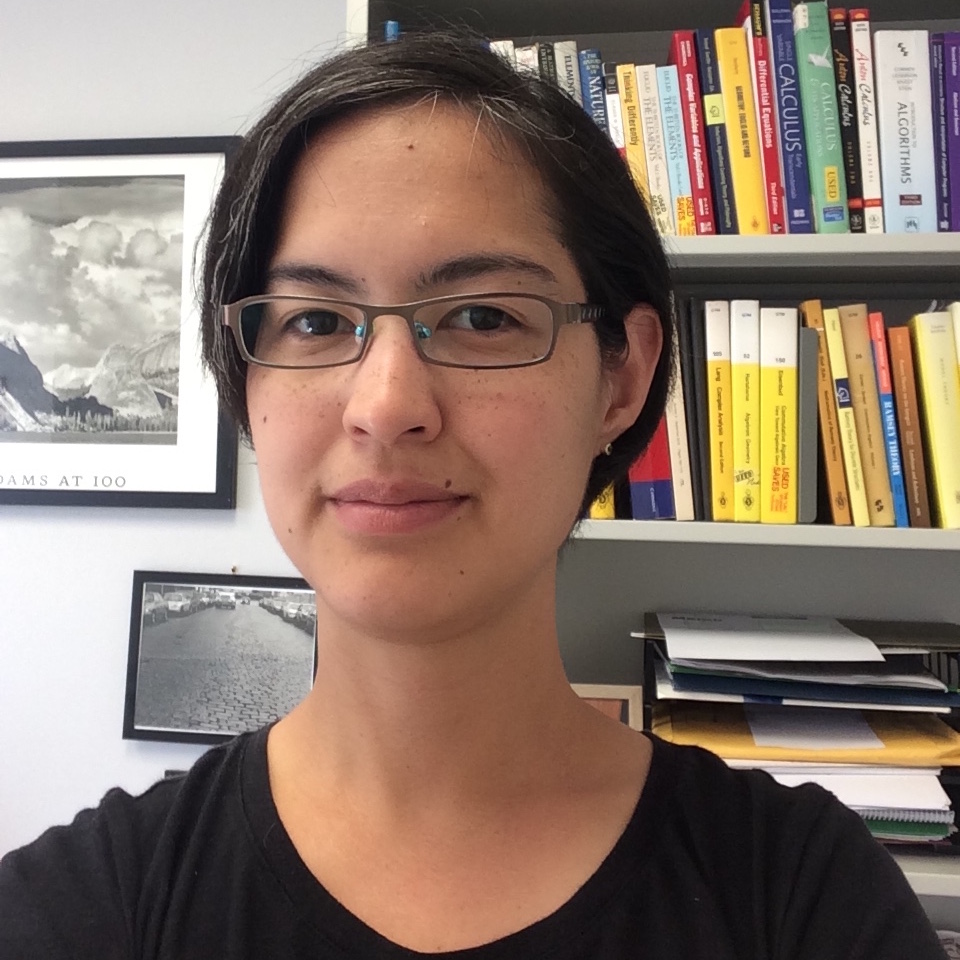
Lynn Scow
Lynn is interested in problems in the intersection of Ramsey theory and model theory. In model theory, we ask what a mathematical object can ``say'' in a given language. In Ramsey theory, we pose a certain combinatorial problem and ask if a solution is guaranteed to exist. Some problems have solutions depending on who (which object) is posing the problem. Lynn has also been involved in groups for women and underrepresented minorities in math and likes to encourage young people to see themselves in mathematics. She is learning to play the French horn.
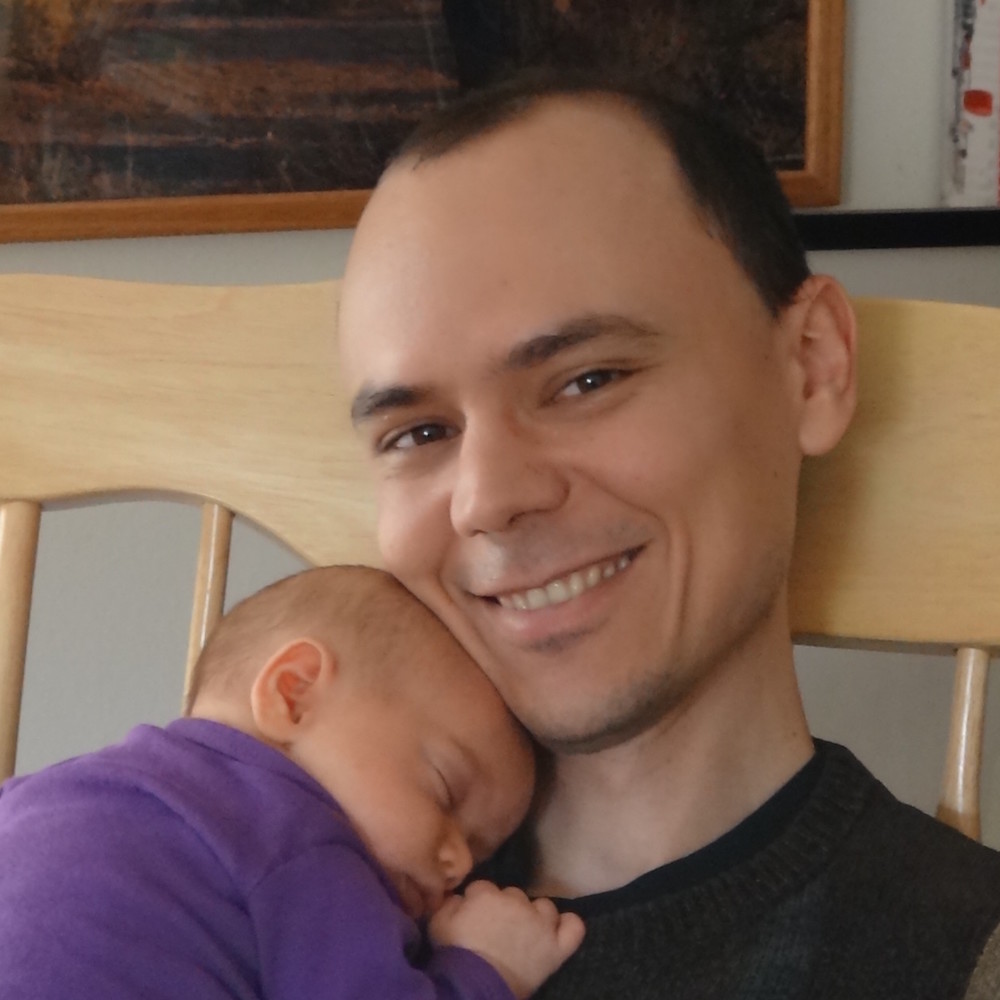
Michael Shulman (University of San Diego)
Michael "Anti" Shulman discovered his love of mathematics at Mathcamp 1996 as a camper, and met his future spouse at Mathcamp 2001 as a JC. Subsequently he spent over a year of his life at Mathcamp, as a JC, a mentor, an Academic Coordinator, and a sysadmin; this year he is excited to be an invited visitor for the first time, as well as a parent of two potential future Mathcampers. When not visiting Mathcamp, he works on revolutionizing the foundations of mathematics and physics using formalized constructive homotopy type theory. Set theory, pencil and paper, and classical logic are so 20th century; nowadays the basic objects of mathematics are ∞-categories, we can formalize it using a computer, and we can design new kinds of logic whenever we need them.
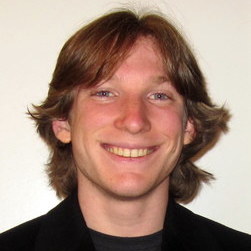
Zach Abel (MIT)
Zach's research lies somewhere between the intersection and union of discrete geometry and theoretical computer science. He often thinks about the ancient and beautiful art of origami from an algorithmic perspective, exploring just how powerful (or useless) computers can be at folding-related tasks relating to robotics, nanomanufacturing, architecture, and (of course) recreational paper folding. He is also a mathematical artist, transforming everyday objects like binder clips or playing cards into intricate works of art (look out for his activities during camp!). Zach is a former Mathcamper (‘03 and ‘04) and Mentor (‘13 and ‘16). Visit Zach's website.
Week 4
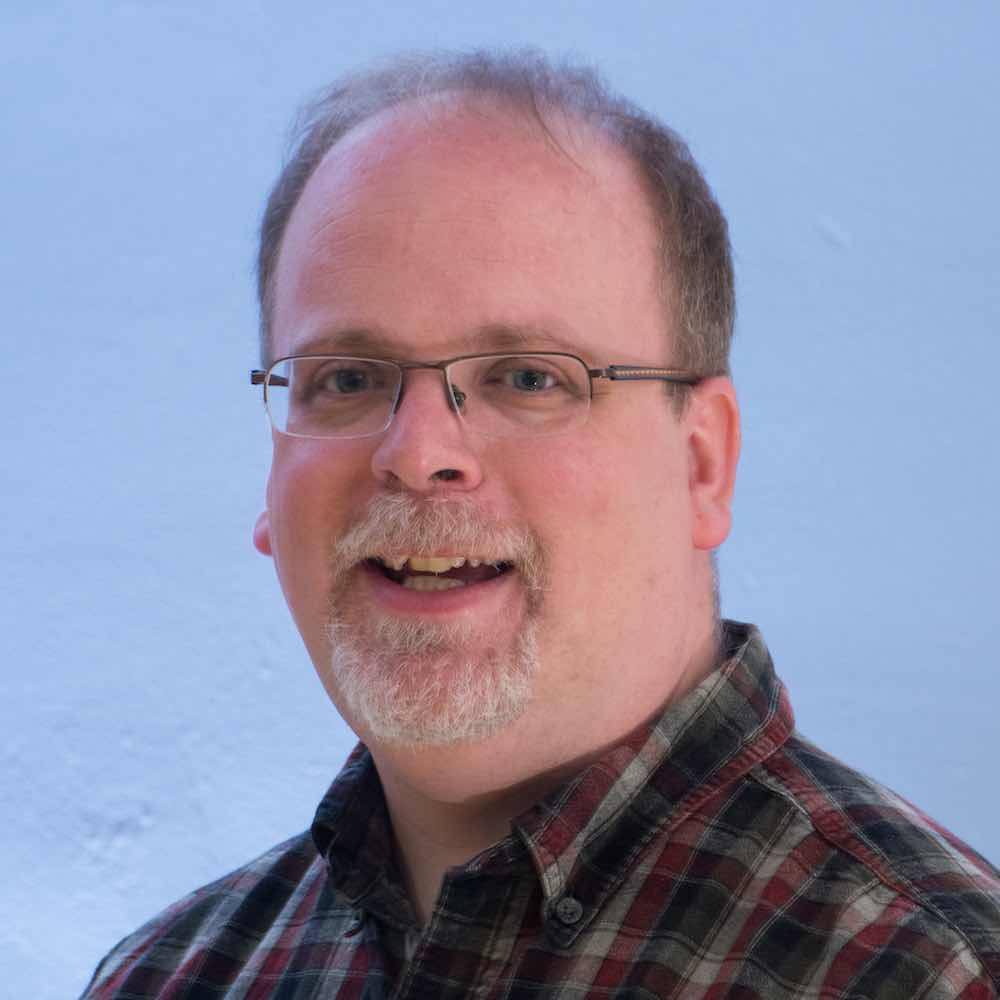
Alfonso Gracia-Saz (University of Toronto)
Alfonso is an Assistant Teaching Professor at the University of Toronto. He has taught math in many places, including San Quentin State Prison in California, but Mathcamp remains his favourite. He enjoys using IBL and guiding students to discover theorems and prove them by themselves. After all, nobody should be deprived of the fun part.
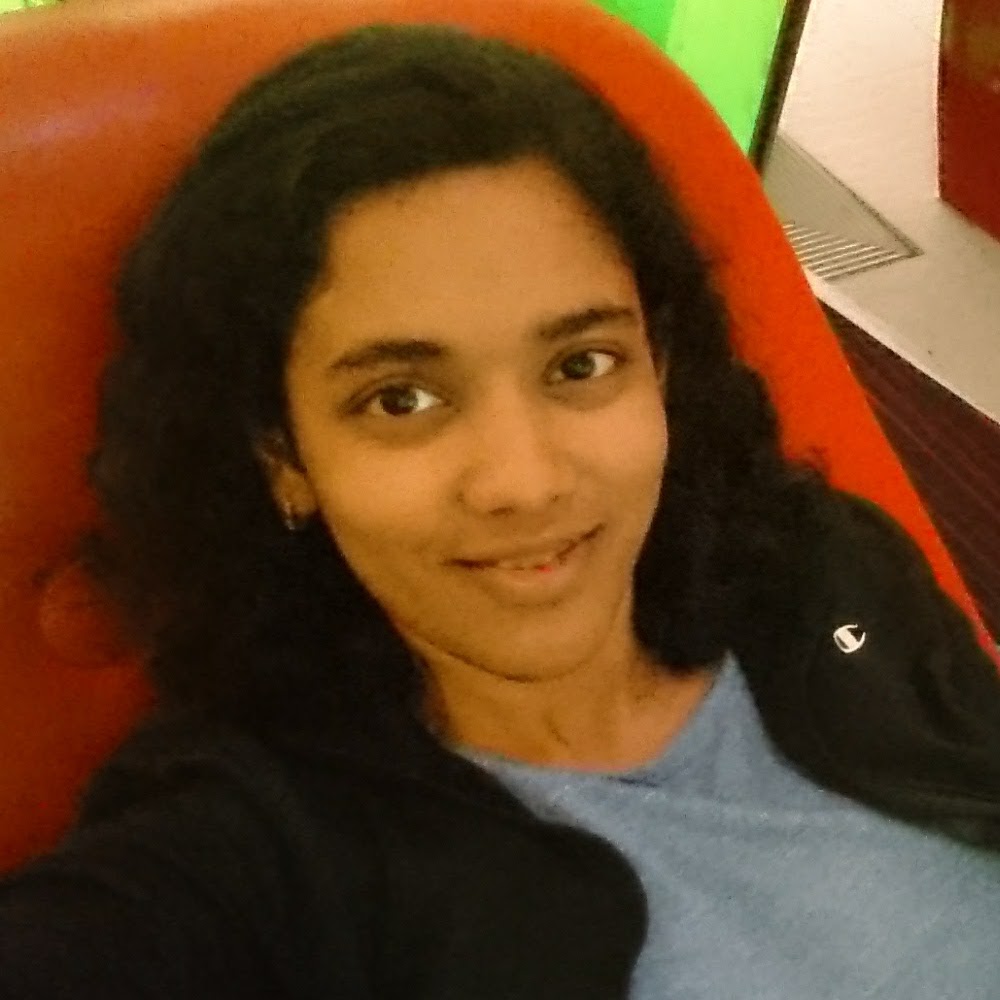
Asilata Bapat (University of Georgia)
Asilata is a math postdoc who studies representation theory and algebraic geometry. She is very excited to be back at Mathcamp, where she has been a mentor several times. She loves to travel, solve puzzles with friends, cook foods from around the world, and practice on her very-recently bought guitar. She will be accompanied by her husband Anand, who is also a mathematician. Visit Asilata's website.
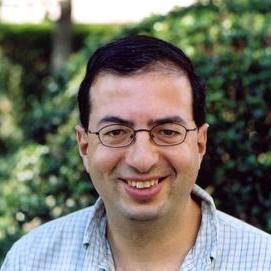
Yuval Peres (Microsoft Research)
Yuval Peres is a Principal Researcher at Microsoft Research near Seattle. Previously he was a Professor at the Hebrew University, Jerusalem and at the University of California, Berkeley. He has co-authored books on Brownian motion, Markov chains, Probability on Networks, Fractals, and Game Theory. He will deliver a plenary lecture at the Mathematics Congress of the Americas in 2017. He has advised 21 Ph.D. students. In 2016 he was elected to the U.S. National Academy of Sciences. His favorite quote is from his son Alon, who at age 5 asked a friend: "Leo, do you have a religion? You know, a religion, like Jewish, or Christian, or Mathematics?" Visit Yuval's website.
Week 5
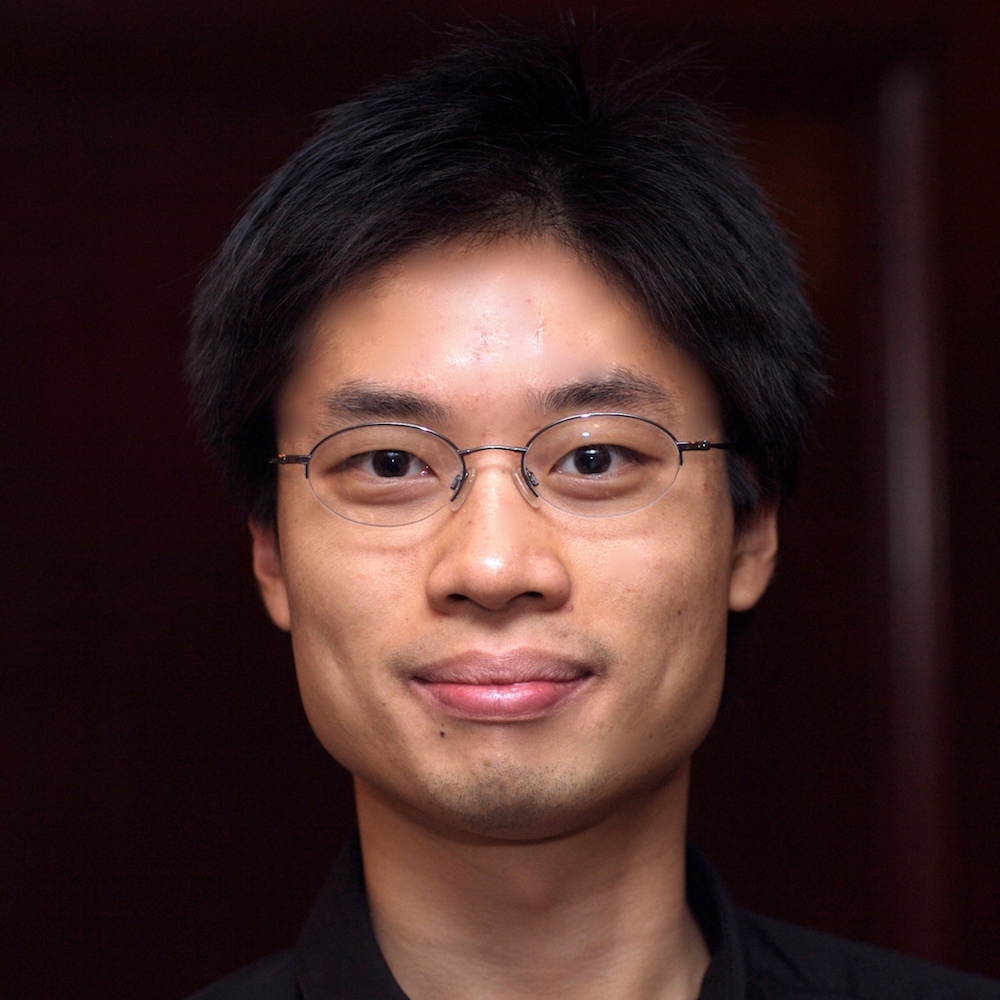
Po-Shen Loh (Carnegie Mellon)
Po-Shen Loh is a math enthusiast and evangelist. He is the national coach of the USA International Mathematical Olympiad team, a math professor at Carnegie Mellon University, and the founder of expii.com, an educational technology platform which delivers free personalized learning on every smartphone. His math research considers a variety of questions that lie at the intersection of combinatorics (the study of discrete systems), probability theory, and computer science. Visit Po-Shen's website.





